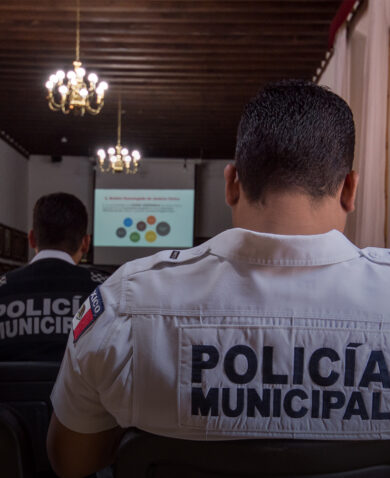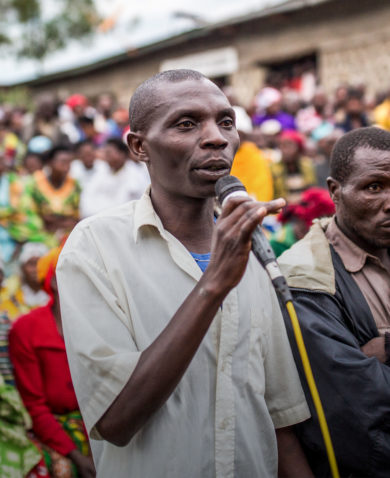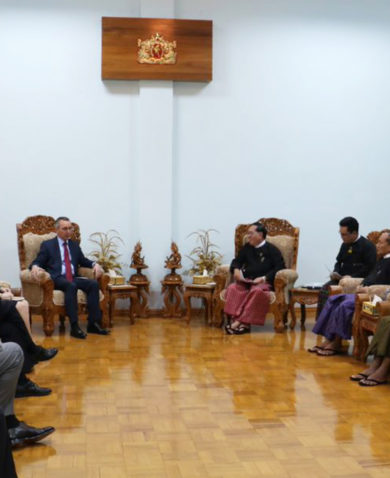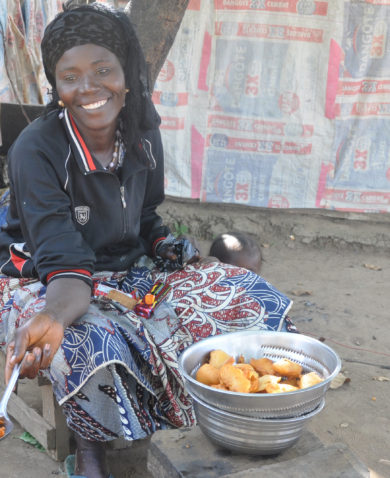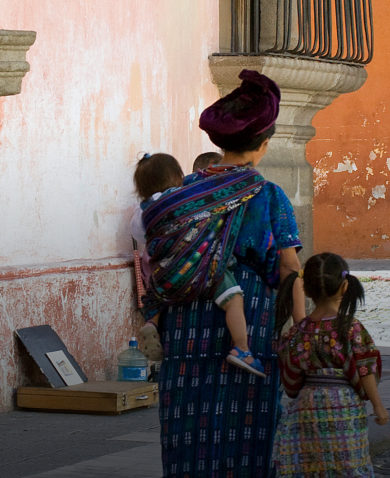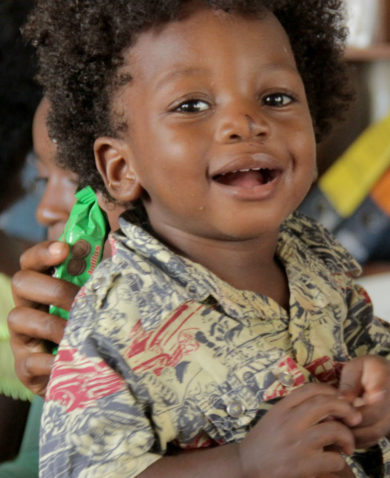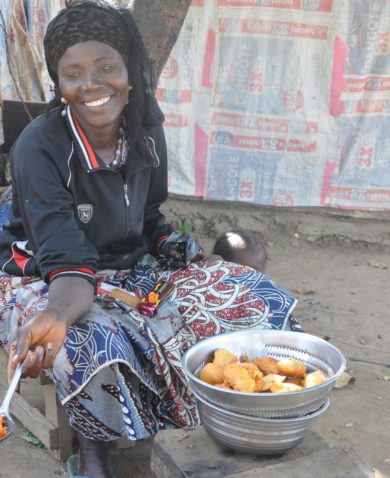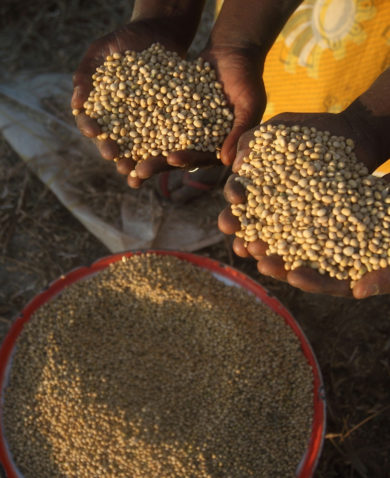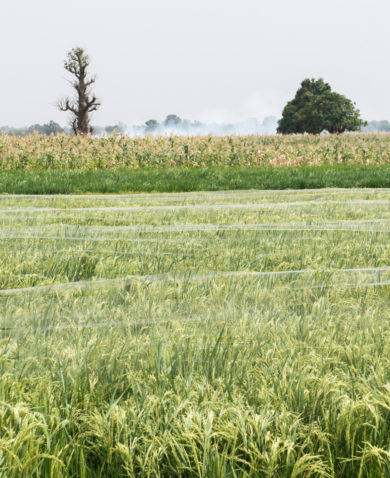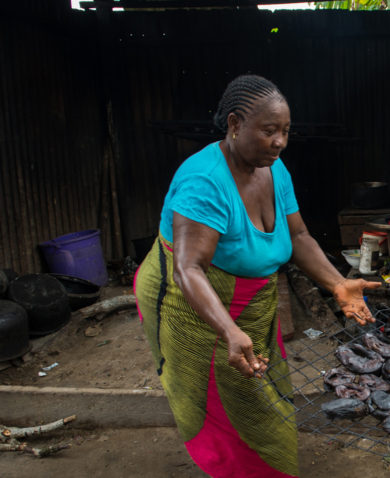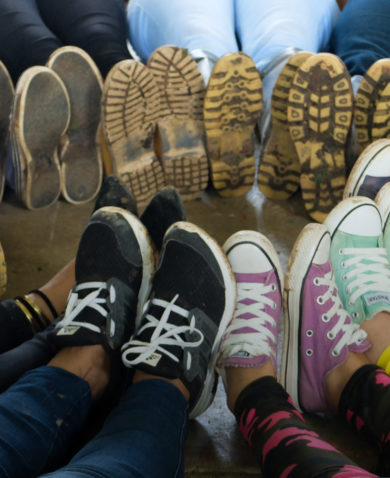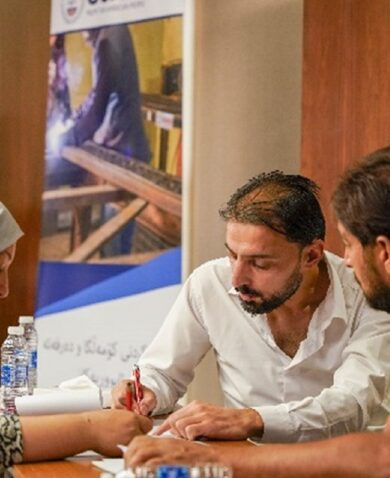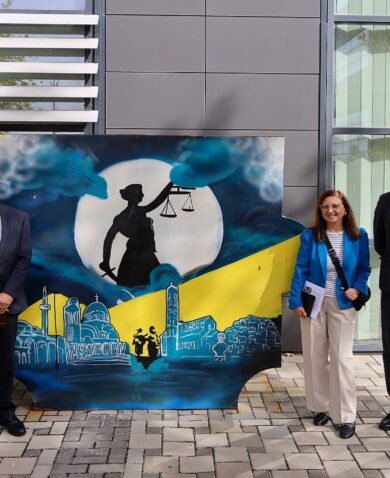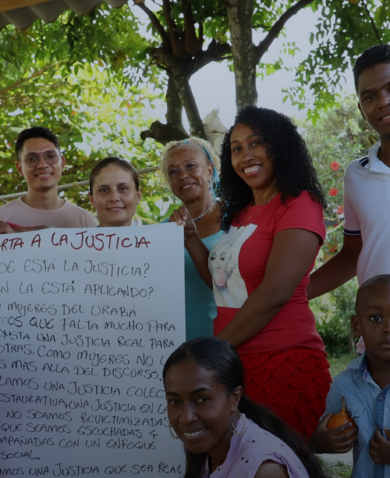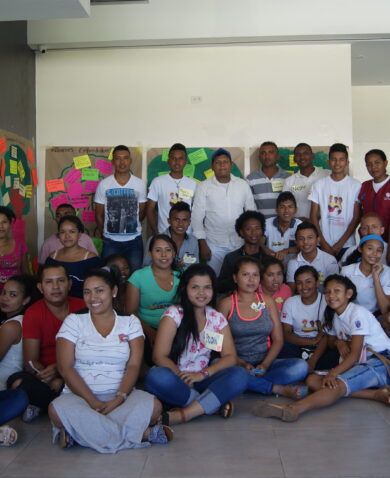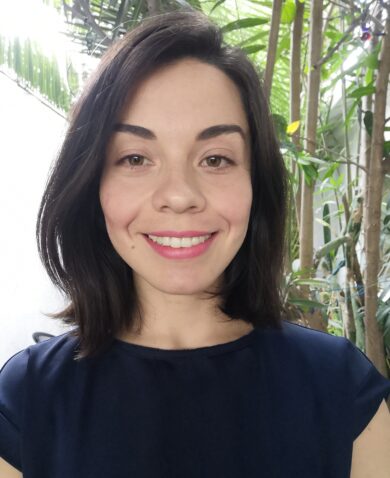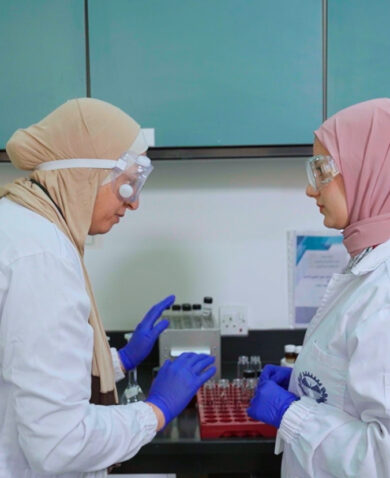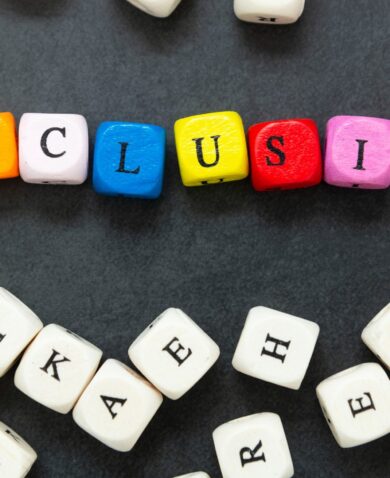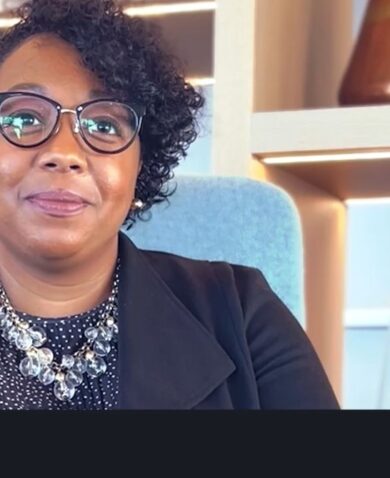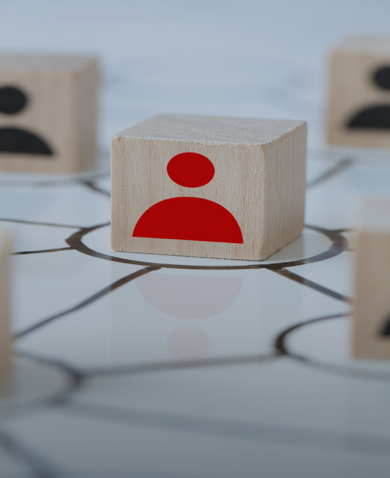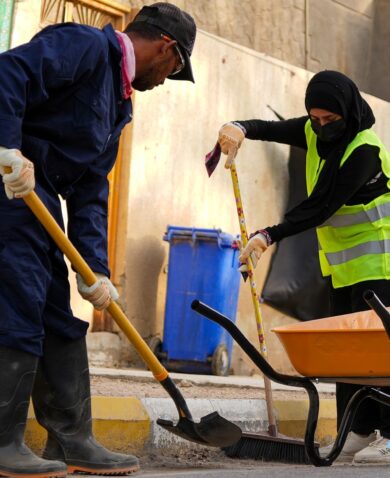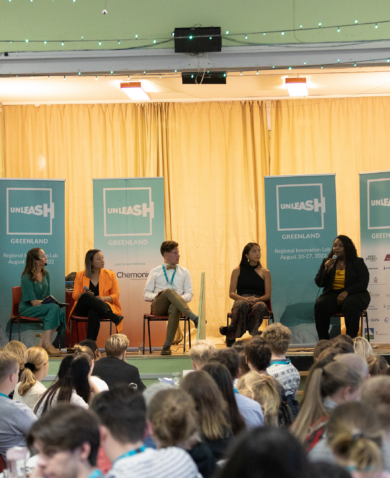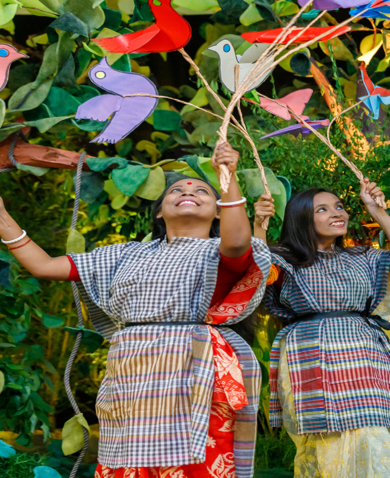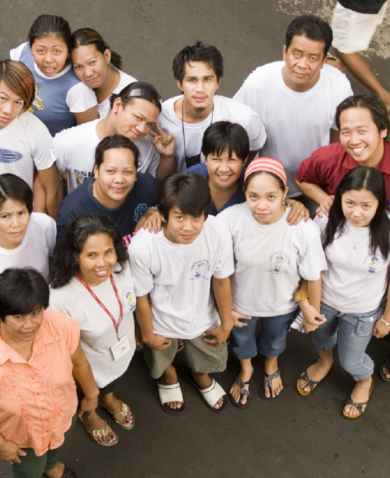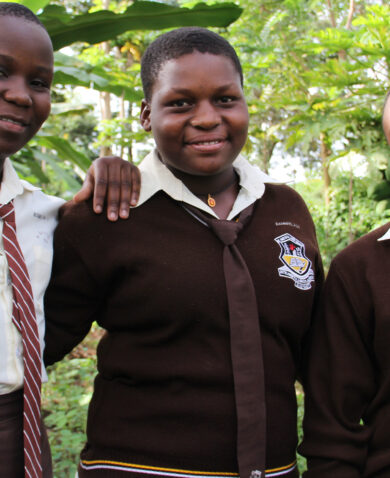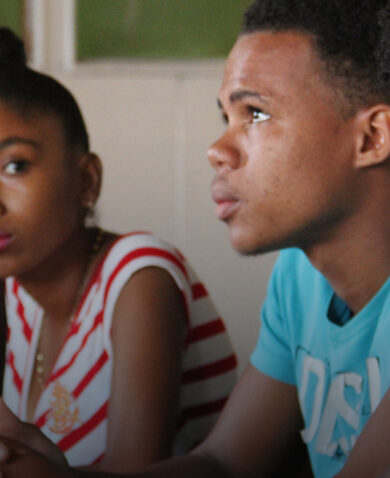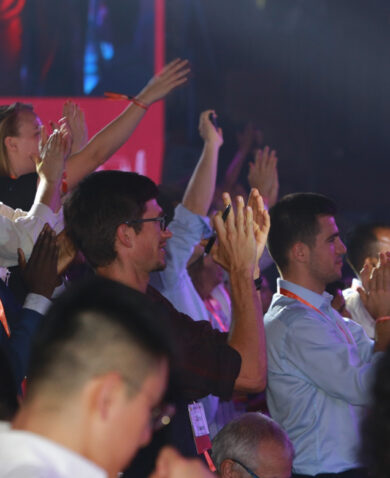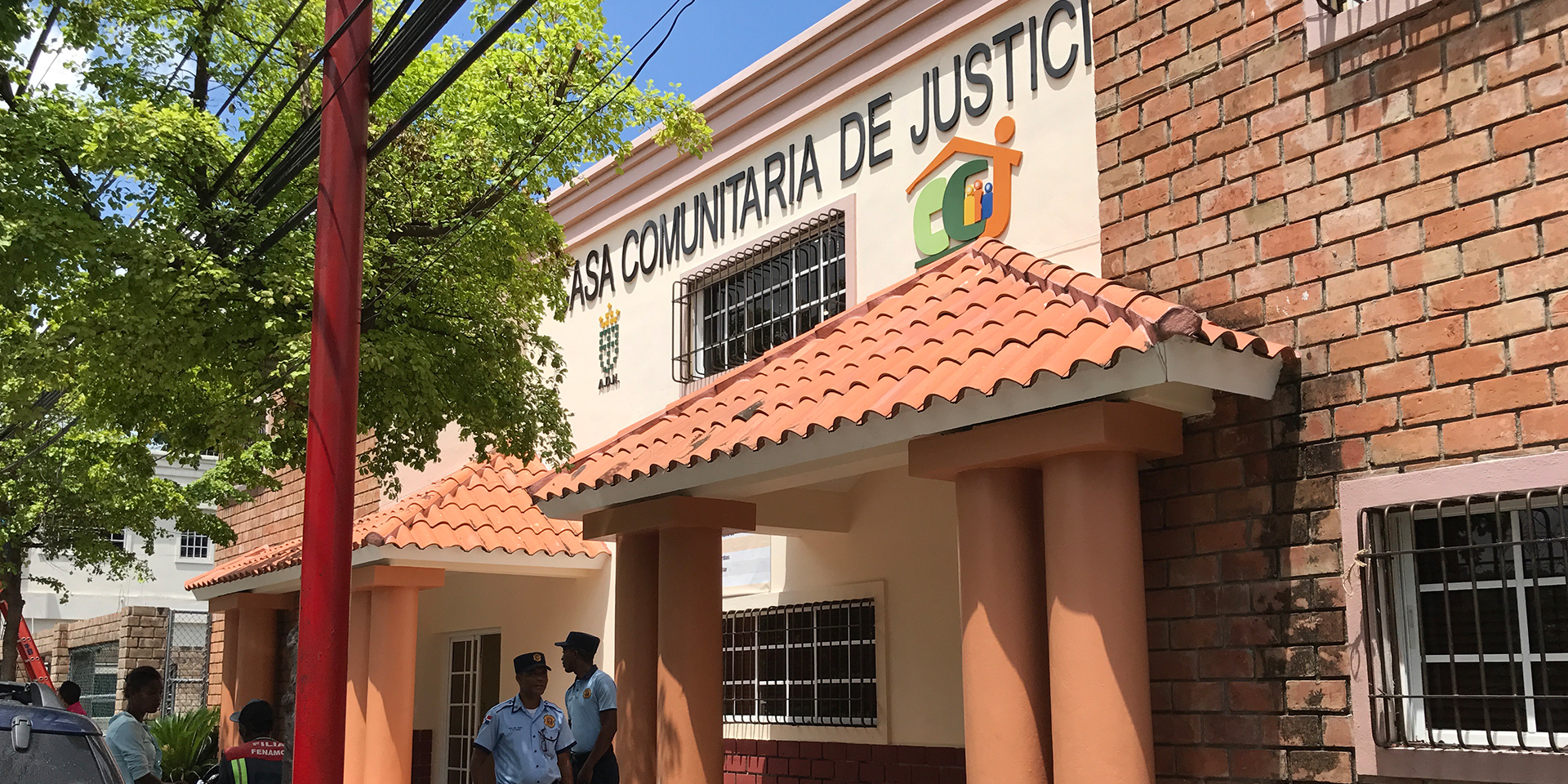
3 Questions with Paola Pelletier: Justice for the Most Vulnerable in the Dominican Republic
November 8, 2016 | 3 Minute ReadPaola Pelletier discusses fostering an effective justice system, including being inclusive of vulnerable groups and reaching geographically remote areas.
Why is inclusion important for development in the Dominican Republic?
Inclusion means broader participation and deeper protections for subgroups and cultures represented in Dominican society, which strengthens their individual and collective participation in democratic processes. When diverse and intercultural perspectives are taken into account, public policies better reflect the protections of modern democratic values. The “winner take all” mentality can quickly devolve into a fragmented society where “force of law” becomes “law of force” exercised outside of constitutional human rights parameters.
In the Dominican Republic, like elsewhere in the world, societal cohesion is challenged by stereotypical discrimination against various groups including women, the LGTBI population, Haitian migrants, and impoverished populations. Implicit and explicit exclusion of these groups hinders their access to political, social, and economic participation.
To strengthen access to justice for these vulnerable groups, we must confront stereotypes and discriminatory practices; strengthen laws and policies to promote equitable and more inclusive participation in society; create conditions for increased government representation; and encourage citizen security programs that promote peace in socioeconomically challenged communities.
What is an innovative approach that you or your project have taken to include marginalized groups in the Dominican Republic’s development?
Our commitment is to ensure the criminal justice system provides efficient and equal justice under the law. Further, we ensure that the most vulnerable segments of the population receive equitable treatment so that their specialized needs are met within a framework of rule of law and protection of human rights. Our training programs for justice operators highlight access to justice and due process for vulnerable groups, including:
- Female victims of violence through psycho-therapeutic and legal counseling as well as assistance to victims of gender violence;
- The LGBTI community, who are often subject to arbitrary and illegal arrests and are re-victimized through assault or harassment by justice system officials;
- Persons with disabilities through attention to physical accessibility and accommodation within the justice system;
- Migrants and their descendants born in the Dominican Republic through due process prior to forced deportation; and
- At-risk youth in conflict with the law through integral primary and secondary violence prevention.
The project also supports nine community justice houses (CJHs), which bring the concept of inclusion and access to justice to places geographically distant from formal justice institutions. They offer legal orientation, alternative dispute resolution services, and psychological assistance to female victims of violence, the elderly, people with disabilities, undocumented migrants, and the LGBTI community. We believe that giving people a space to learn about their options and be heard opens the doors to justice. For example, undocumented immigrants are offered legal orientation on labor laws, documentation processes, and financial options.
At the community level, the goal is for the criminal justice system and CJHs to adopt an inclusive vocabulary and differentiated protocols to address the unique needs of each of these vulnerable groups.
The project also assesses legal and regulatory frameworks for justice sector models that promote due process for disenfranchised groups. The project provides technical assistance by facilitating dialogue among criminal justice institutions on inter-institutional collaboration and standardized protocols to address vulnerable populations.
What lessons have you learned?
Effective strategies for the protection of vulnerable groups within the justice system require an integrated approach of sensitization, education, and civil society organization (CSO) advocacy. CSOs must coordinate to promote responsive governance and give attention to structural, organizational, and procedural processes within formal and community justice systems. Additionally, dialogue among the public and private sectors, community members, and vulnerable groups is key to raising understanding, collaboration, and adaptation to the needs of these groups.
Understanding of vulnerable group realities begins with criminal justice system actors participating in awareness workshops with LGBTI people, sex workers, people with HIV, and at-risk youth. Representatives from vulnerable groups are empowered as human rights defenders to share their experiences in compelling, and humanizing ways. Direct contact and dialogue with civil society and state actors has been an effective strategy to raise awareness and compassion.
The Dominican Republic has been supportive of gender-based violence reduction initiatives. One of our partners provides free psychological assistance to female victims of violence in CJHs in addition to conducting workshops for CJH staff and gender-based violence prosecutors. The result has been greater awareness of how to identify gender-based violence in its different manifestations.
Unfortunately, acceptance of initiatives addressing violence against the LGBTI community has not been as enthusiastic. To address the issue, the project has created spaces for dialogue and platforms for collaboration with reform-oriented state partners. This approach has proved positive and offers optimization of project resources, while identifying initiatives for future action. For example, our local partner who provides legal counsel to LGBTI people also has an extensive network in geographic areas where the CJHs are located. This NGO now promotes the CJH services and engages in referring these populations to needed services.




